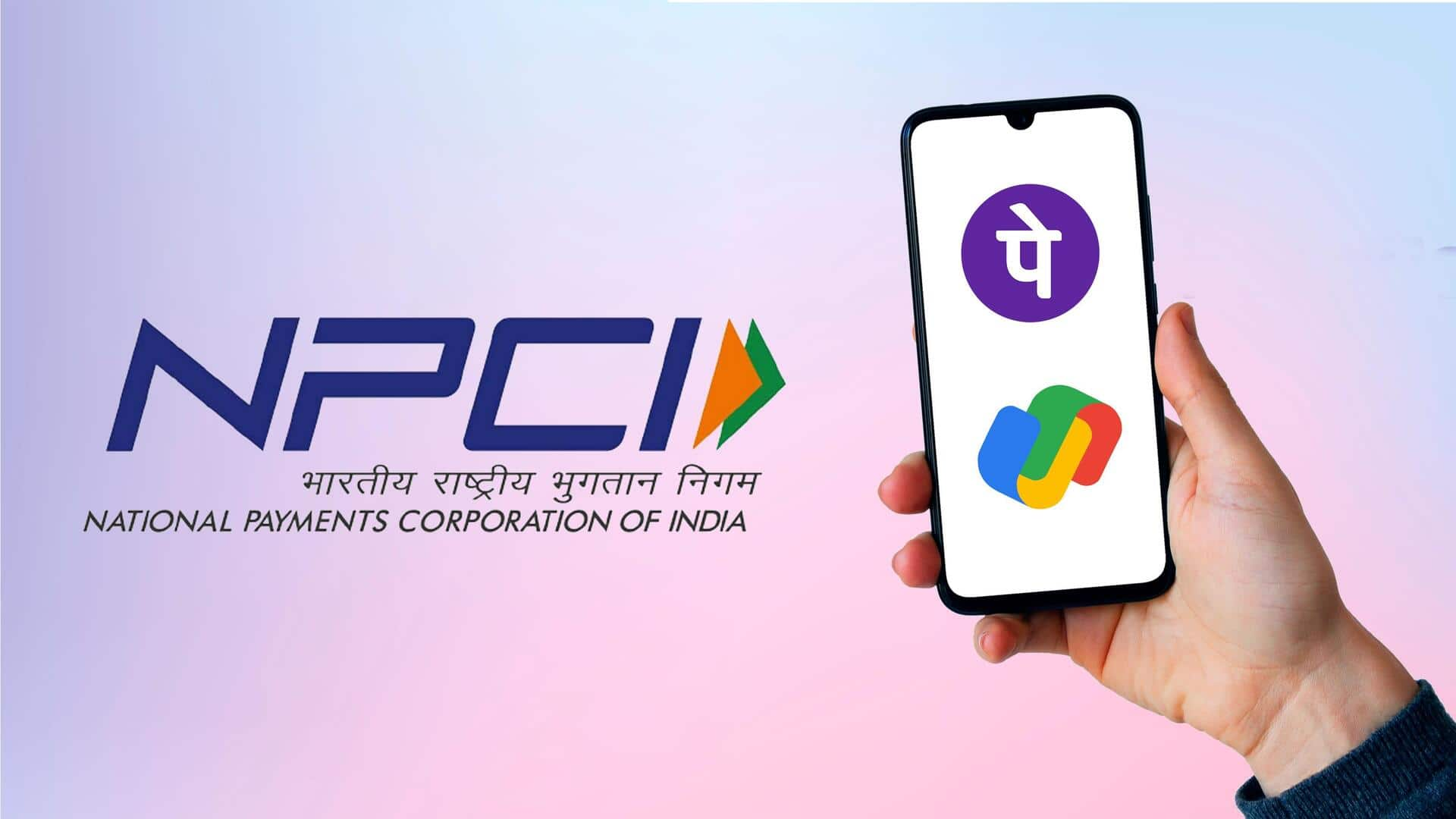
UPI innovation rolled out to make online transactions faster
What's the story
A new UPI plugin innovation has PhonePe/Google Pay on edge. This product allows online merchants like Swiggy, Zomato, and Flipkart to add a virtual payment address for collecting money without using a UPI app, streamlining transactions. However, PhonePe's co-founder, Rahul Chari, argues that it doesn't significantly improve success rates and instead adds complexity for merchants by shifting responsibility to sponsor banks and merchant apps.
Process
Here's how the product promotes seamless transactions
Currently, if a Swiggy customer chooses UPI payment, a notification prompt directs them to a UPI app like Google Pay or PhonePe. After payment, it returns the customer to Swiggy, where the order is completed. The extra step often causes payment failures. With the UPI plugin enabled, the payment will happen directly within the Swiggy app itself, rather than via a separate UPI app.
Details
Merchants will embrace SDK for seamless UPI integration
Merchants have struggled to integrate UPI payments into their platforms due to lengthy approval processes from the National Payments Corporation of India (NPCI). The UPI plugin aims to address this issue by enabling payments directly within the merchant's app, bypassing specific UPI apps. Payment firms like Paytm, Razorpay, and Juspay have offered the SDK to their merchants, hoping to boost success rates by 15%.
More
The product will affect PhonePe and Google Pay's transactions
The majority of ecosystem players, including merchants, payment processors, and banks, have long demanded the UPI plugin. Today, merchant transactions make up about 57% of all UPI payments. Since half of these merchant transactions are online, and are expected to go up even further, PhonePe and Google Pay may lose a significant portion of their transactions if a chunk of merchants adopt this product.
What Next?
Legal clarity holds the key to UPI plugin adoption
The UPI plugin could threaten PhonePe/Google Pay's dominant market shares of 47% and 33%, respectively. There's a high probability that many customers are not going to use these UPI apps to complete payments. The plugin's success is crucial for increasing the likelihood of successful online payments. However, some large merchants are holding off until they receive legal clarity and proper agreements with banks/payment gateways.